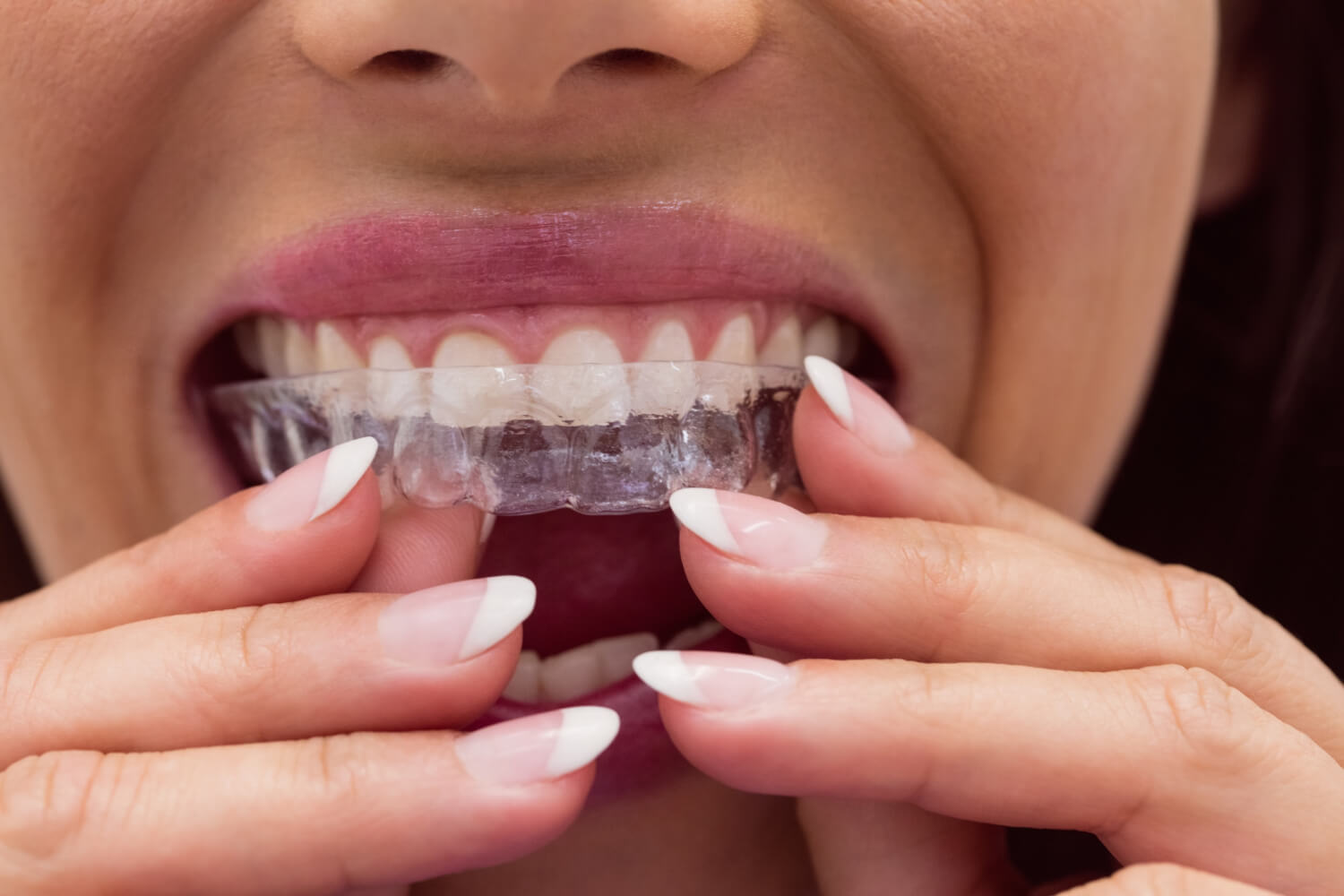
Why are retainers important?
Retention
Until recently, all braces were made by laboratory technicians. Now, some of them can be done by computer.
Nowadays, cutting is done with a laser, which allows for a precision that is impossible to achieve manually. On the other hand, orthodontists now use mermoteine, an extremely precise wire obtained through digital impressions. In addition, it has a longer service life than a normal wire.
There is nothing completely stable or eternal in the human body: everything is in constant change, including the teeth and the tissues around them. This is why the orthodontist's job cannot be reduced to diagnosis and the fitting of an appliance. To maintain the results obtained, the situation will need to be monitored throughout the patient's development, otherwise the teeth may go backwards.
There are two ways to ensure this doesn't happen:
1. Removable Retainers
Removable braces are usually only used overnight, for a minimum period of a year and a half, and function as a kind of "pajamas for the teeth" to ensure that the teeth stay in the right position.
If you stop using them, you run the risk that your teeth will start moving again, which would unfortunately make the many efforts already made obsolete.
Even today, many patients who are now adults find themselves with misaligned teeth because they thought it was useless to continue to see an orthodontist once their braces were in place. In truth, orthodontic work should never be taken for granted: it is a long-term treatment and not a one-off operation. If you don't feel able to properly use a removable device yourself in the long term, it's best to opt for a stationary device.
2. Fixed Retainers
It is often said that when wisdom teeth come in, they cause the other teeth to overlap. While this is largely true, it's worth keeping in mind that even people whose wisdom teeth have never come out can experience this problem. Indeed, the phenomenon of aging of the teeth promotes the narrowing of the arches and encroachment. For this reason, fixed means of retention are recommended as far as possible. These are small, very discreet wires that are placed in the inner part of the teeth. Orthodontists often joke with patients who ask:
- "Doctor, how long should he keep them?"
- "Until your second marriage.
In any case, going to the dental hygienist regularly is a good habit. For people who do not have special orthodontic needs, these visits are often enough to keep their teeth properly aligned throughout their lives.
Book your first visit now


